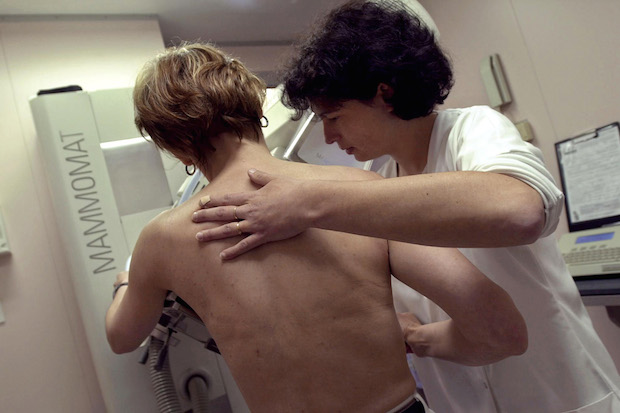According to a new paper published in the journal Cancer Research women taking combined oral contraceptive pills (COCP) have a 50 per cent increased risk of developing breast cancer. Frightening stuff – or is it?
Oral contraceptive pills have many benefits; they provide excellent contraception, decrease pain and bleeding during periods, they can help towards restoration of normalisation of hormones in women with polycystic ovary syndrome and they significantly decrease the risk of ovarian cancer, endometrial cancer, colon cancer and rheumatoid arthritis. They do have risks, however, among them an increase in the risk of breast cancer.
This risk needs to be put into perspective in order to fully assess whether the benefits of the pill outweigh the risks. When interpreting quoted risks for a particular condition, it’s essential to understand two concepts: absolute risk and relative risk.
I do apologise if your eyes are beginning to glaze over, but bear with me.
Absolute risk is the ‘background’ risk that a woman will develop breast cancer; examples of this are the fact that 1 in every 25,000 women aged 20-29 will develop breast cancer, as compared to 1 in 227 of those aged 30-39 and 1 in 68 of those aged 49-50.
Relative risk is the change in the risk of breast cancer faced by a woman who is exposed to something known to alter the risk, in this case COCP. In order to calculate it, we simply multiple the numbers above by 50 per cent. In practice this means that instead of 1 in every 25,000 women aged 20-29 developing breast cancer, with COPC use the risk is now 1 in every 12,500 women. So the risk remains exceedingly small. It also remains small for women in the other age groups.
To put this in perspective, there is a 1 in 200 lifetime chance (1 person in every 200 people) of dying in a car crash on the streets of the UK. How many people plan on selling their cars in the light of this statistic?
There are many risk factors for breast cancer, but there are ways women can actively lower their risk too. Pregnancy can lower the risk of cancer by 30 per cent and there is a 4 per cent decrease in risk of cancer with every 12 months of breastfeeding. Being obese is associated with a higher risk of dying from certain types of breast cancer and avoiding obesity may hence mitigate the risk. Regular exercise has also been noted to decrease risk by 20 per cent.
According to Cancer Research UK, only 6 per cent of all cases of breast cancer occur in women under 50; most women on the COCP are aged below 50. Even one woman developing breast cancer is too many, in my opinion. It is, however, up to the individual woman to decide, after having been given the full and accurate facts by an informed healthcare professional, whether she chooses to accept the negligible increase in her absolute risk of breast cancer, whilst reaping the benefits of COCP use.






Comments